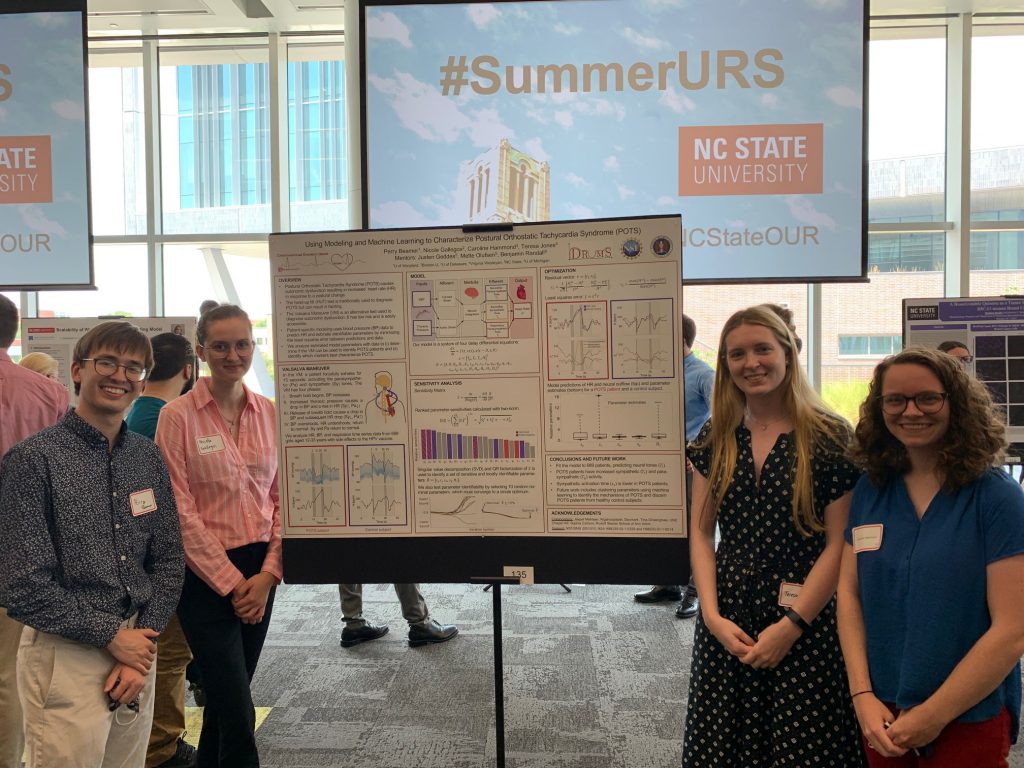Shared Water: An Upstream-Downstream Collaborative, is a partnership funded by the National Oceanic and Atmospheric Administration that allows Virginia Wesleyan to collaborate with Millersville University in Pennsylvania. Both schools are part of the Chesapeake Bay watershed.
The grant offers $400,000 over a three-year period to help both schools educate students and teachers in watershed health. The money itself goes towards equipment for the schools to run experiments as well as toward the training of teachers in environmental practices that they can pass on to their students.
Dr. Bill McConnell, an Associate Professor of Education at VWU, was integral in securing the grant for the schools. Even before the partnership began, McConnell was providing his education students with opportunities to lead lessons for elementary students on the VWU campus, which has ample grounds for the students to run hands-on experiments.
The extended program now trains teachers at Norfolk Collegiate, a nonprofit independent school for students from kindergarten to twelfth grade, in how to implement MWEE (Meaningful Watershed Educational Experiences) in their classrooms. According to McConnell, the training will help teachers to move away from “cookie-cutter recipe-like experiments” and help them utilize the immediate environment. This helps students in the school to find connections between their education and the world. McConnell appreciates that the MWEE training and subsequent experiments allow students to develop their own, practical solutions.
With their MWEE-trained teachers, elementary students may run experiments such as leaf pack tests. A leaf pack can be placed in a body of water, of which VWU has an ample amount on campus, and after a time, students can examine the pack for organisms. As the experiments progress over time, more data can be collected to allow for solutions to any problems that may arise.
So far, six teachers at Norfolk Collegiate have been trained with the MWEE techniques. The hope is that at least one elementary teacher for each grade at Norfolk Collegiate learns the MWEE practices so that a static partnership can be maintained. Plus, this allows teacher candidates to see the MWEE practices in action rather than just read about them. Therefore the project benefits future students at all stages of their education.
Aside from the teacher training, the collaborative efforts can directly impact the environmental practices of the schools involved because data can be shared between Millersville University in Pennsylvania and VWU and Norfolk Collegiate here in Virginia. For McConnell, this is part of why it is so beneficial to have the grant help upstream and downstream schools collaborate.
McConnell is pleased to be part of a collaboration that actively “employs and deploys robust methods of environmental education.” Not only does the training focus on sustainable practices, but the plan in place to grow the collaboration is sustainable. The hope is that the project continues even after the grant money is gone and that all schools and students involved can benefit from a partnership that is long-lasting and environmentally educated.
By Rhian Tramontana
rjtramontana@vwu.edu



